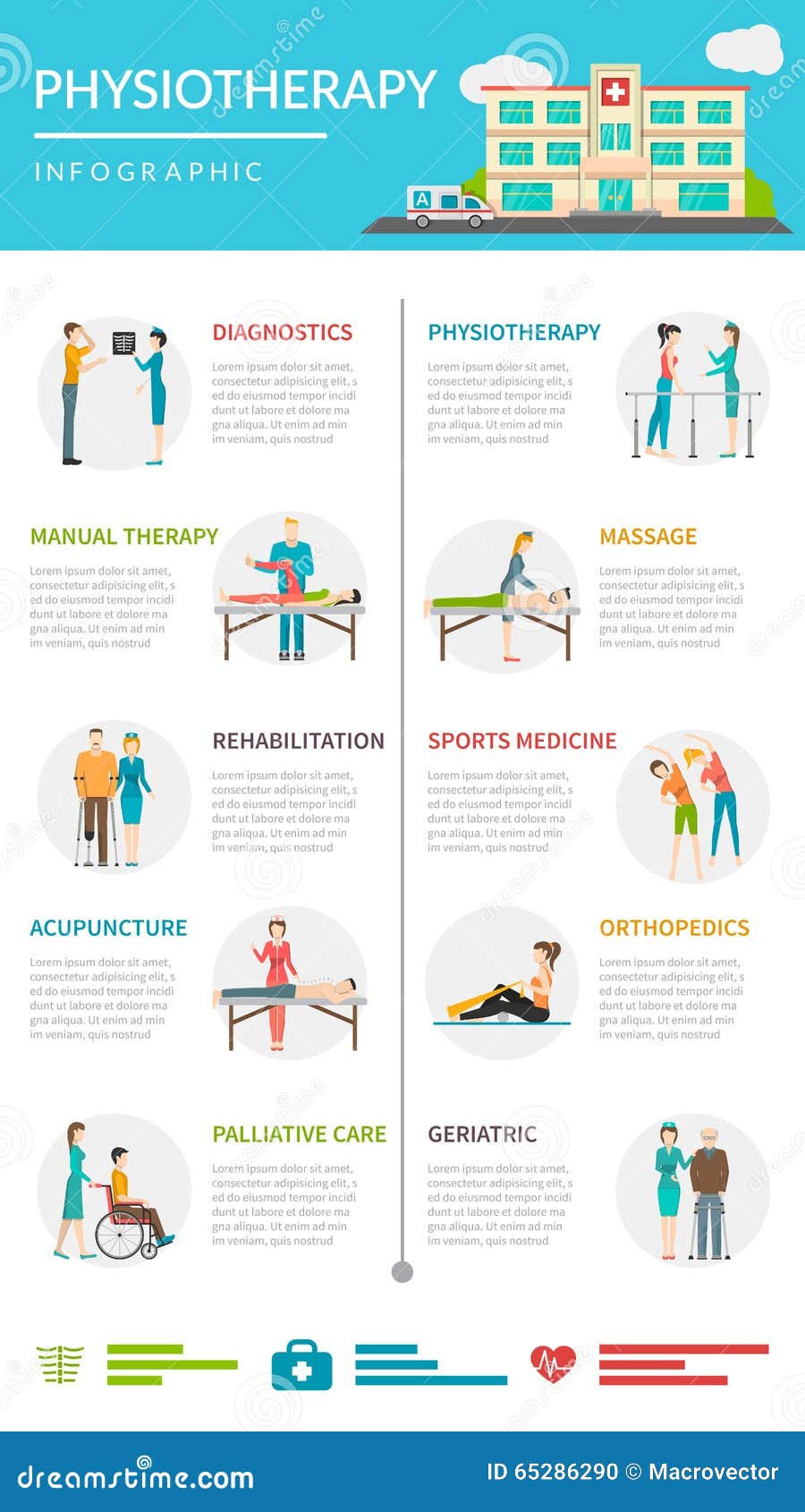Do Acupuncture Information Exist For Real? An Inquiry Into Meridian Theory
Do Acupuncture Information Exist For Real? An Inquiry Into Meridian Theory
Blog Article
look at this site -Munksgaard Dempsey
You may be questioning the existence of acupuncture points and their function in conventional Chinese medicine. These factors, connected to meridian theory, recommend an unique system of energy circulation in the body. While historic messages lay a foundation, modern-day scientific research supplies new insights into their importance. Are these old ideas compatible with contemporary understanding? The response may shock you as we check out the junction of custom and modern-day research.
The Historical Roots of Acupuncture and Meridian Theory
Acupuncture, with its complex network of meridians, has deep historical roots that trace back hundreds of years in old China.
You'll locate that early texts, like the Huangdi Neijing, laid the foundation for recognizing just how energy moves through the body. These writings presented the concept of Qi, the vital energy that distributes along the meridians.
As you explore this ancient practice, you'll uncover exactly how professionals identified certain points to affect health and equilibrium.
Over centuries, acupuncture evolved, integrating different strategies and viewpoints, yet it remained deeply attached to its origins.
Scientific Viewpoints on Acupuncture Points
While lots of people still view acupuncture as an old art rooted in tradition, scientific study has actually progressively shed light on the physiological systems behind acupuncture points.
Studies suggest these factors might represent areas abundant in nerve endings, capillary, and connective cells. When needles boost these points, they can activate biochemical responses, such as the release of endorphins and various other natural chemicals, which aid ease discomfort and advertise healing.
Imaging methods like practical MRI have shown changes in brain task associated with acupuncture, sustaining its efficacy.
While skepticism stays, expanding evidence points to a prospective biological basis for acupuncture, welcoming additional exploration right into how these ancient techniques can align with modern scientific understanding.
Incorporating Old Practices With Modern Medication
As even more healthcare providers acknowledge the value of holistic methods, incorporating old practices like acupuncture with modern medicine is ending up being progressively relevant.
You might find that integrating these methods can improve individual care, offering a more comprehensive therapy plan. By recognizing the benefits of acupuncture-- such as pain alleviation and stress and anxiety decrease-- you're not just dealing with physical signs yet additionally advertising total wellness.
This combination enables you to customize therapies to individual demands, bridging the gap between standard knowledge and modern medical techniques. Teaming up with acupuncturists can also broaden your knowledge and provide your people with a larger range of alternatives.
Eventually, embracing this combination can result in enhanced health and wellness results and an extra well balanced strategy to recovery.
Final thought
To conclude, acupuncture factors may not fit neatly into contemporary medical paradigms, yet their historic importance and arising clinical support recommend they hold value. By checking out the crossway of ancient techniques and contemporary research, you can appreciate exactly how these points might affect health and wellness. Whether https://chiropractorwithmassageth95284.blog-kids.com/35793216/take-a-trip-to-discover-the-various-chiropractic-treatments-and-see-how-various-methods-can-transform-your-health-and-health-in-astonishing-methods 're a skeptic or a believer, understanding meridian theory opens the door to brand-new point of views on health and recovery, welcoming you to think about the potential advantages of acupuncture in your very own life.
